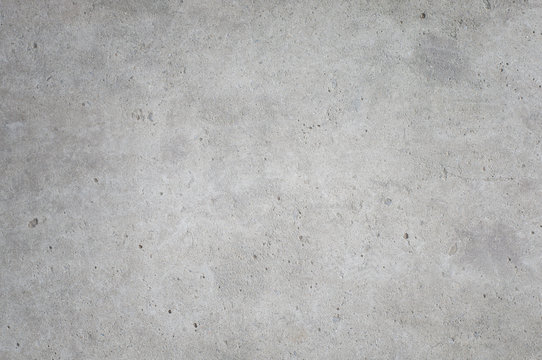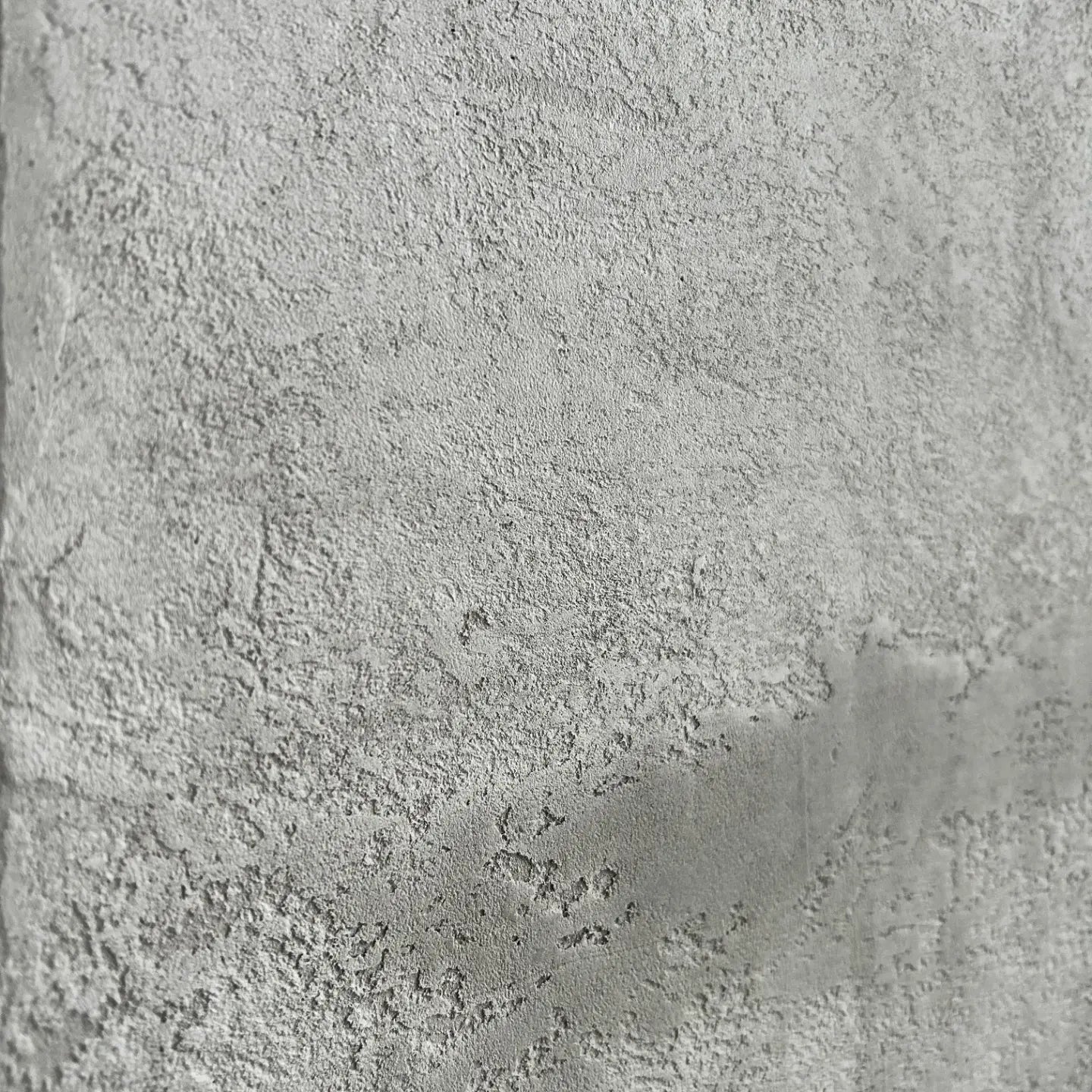Experienced Concrete Specialists: Trusted for High Quality and Efficiency
Experienced Concrete Specialists: Trusted for High Quality and Efficiency
Blog Article
Revealing the Eco-Friendly Advantages of Utilizing Recycled Concrete in Lasting Building And Construction Practices
In the realm of lasting construction techniques, the usage of recycled concrete stands as a pivotal yet frequently underestimated resource. Past its conventional applications, recycled concrete offers a myriad of green advantages that expand far past the confines of typical building products.
Environmental Advantages
Undoubtedly, one of the most significant benefits of making use of recycled concrete is its favorable influence on the environment. By incorporating recycled concrete right into building methods, there is a considerable reduction in the need for brand-new basic materials, bring about preservation of natural resources. This process aids in maintaining aggregates, water, and energy that would have been made use of in creating new concrete. Furthermore, the use of recycled concrete decreases the quantity of waste being sent out to garbage dumps, thus reducing ecological pollution and relieving the pressure on land fill capabilities.

In contrast, recycled concrete has a reduced carbon footprint as it minimizes the demand for brand-new concrete manufacturing. On the whole, the ecological advantages of making use of recycled concrete are significant and play a vital function in advertising environment-friendly building techniques.
Cost-Efficiency
Achieving cost-efficiency is a critical factor to consider when evaluating the application of recycled concrete in construction projects. One of the essential advantages of utilizing recycled concrete is its cost-effectiveness compared to traditional concrete.
Additionally, making use of recycled concrete can bring about financial savings in landfill expenses by drawing away concrete waste from disposal sites. This not only minimizes the ecological influence but also eliminates the costs connected with waste elimination. The sturdiness and performance of recycled concrete are similar to conventional concrete, ensuring that expense financial savings do not jeopardize the high quality of the construction.
Resilience and Toughness
Considering the significant cost-efficiency benefits of utilizing recycled concrete, it is critical to analyze its longevity and toughness in building applications. Recycled concrete offers equivalent, otherwise superior, durability and toughness residential or commercial properties to traditional concrete. Via improvements in handling techniques and quality assurance, recycled concrete can fulfill or surpass the efficiency requirements of conventional concrete. The procedure of recycling concrete entails crushing, sorting, and screening old concrete to produce aggregates that can be made use of in brand-new construction projects. These recycled aggregates are qualified of giving acceptable compressive toughness, toughness, and long-term efficiency.

Waste Decrease
Reliable waste decrease methods play a crucial role in the sustainable application of sources within the construction market. Waste reduction is an essential benefit that contributes substantially to environmental preservation when it comes to making use of recycled concrete. Traditional construction methods typically produce considerable amounts of waste, especially in the kind of concrete debris from demolition websites. By incorporating recycled concrete into building jobs, this waste is repurposed and diverted from garbage dumps, lowering the total ecological influence of building and construction activities.
Additionally, the use of recycled concrete can lead to set you back savings for building and construction projects, as it is commonly a lot more affordable than sourcing and transferring brand-new products - Concrete. In verdict, waste decrease via the usage of recycled concrete is a crucial element of lasting building and construction practices that benefits both the building and construction and the atmosphere sector as a whole.
Energy Conservation
When it comes to making use of recycled concrete in building, considerable power cost savings are attained compared to standard concrete production. The procedure of creating recycled concrete entails crushing and recycling existing concrete materials, which eats much less energy than mining, handling, this contact form and transferring raw products for new concrete production.
Conclusion
In final thought, the application of recycled concrete in sustainable construction techniques provides many ecological advantages, cost-efficiency, resilience, toughness, waste decrease, review and power conservation. By integrating recycled concrete into construction jobs, we can contribute to a much more eco pleasant and lasting future. It is essential for the construction sector to focus on the use of recycled products to assist minimize the environmental impact of building and construction activities.
One of the key benefits of utilizing recycled concrete is its cost-effectiveness compared to traditional concrete.In addition, the usage of recycled concrete can lead to savings in land fill costs by diverting concrete waste from disposal sites. The sturdiness and performance of recycled concrete are similar to conventional concrete, ensuring that cost savings do not jeopardize the quality of the building.

Report this page